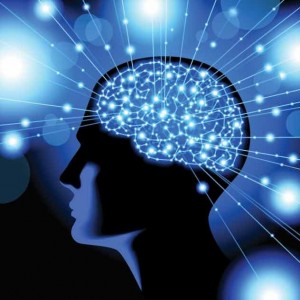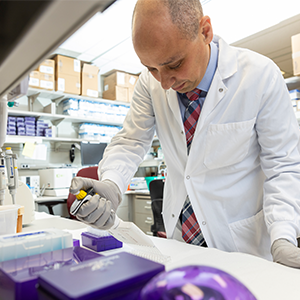-

Concussion Jolts the Brain into Crisis
ROCHESTER, Minn. — August 24, 2012. Concerns are growing about the prevalence of concussions in children and teens who play sports, as well as in professional athletes. The August issue of Mayo Clinic Health Letter covers what happens when concussions occur and why they can be dangerous.

Concussion is a form of traumatic brain injury. It occurs when a blow to the head or a sudden jolt shakes the head and causes the brain's gelatin-like cortex to rapidly collide with the inside the skull or turn within it.
Immediately after a concussion, the brain is in crisis. Many brain cells become activated at once, which can cause a sudden release of brain chemicals called neurotransmitters. Within minutes to hours after a concussion, the brain's power drain can cause headache, dizziness, nausea or vomiting, imbalance, slurred speech, fatigue and being unaware of surroundings. Symptoms that may appear later include:
- Difficulty concentrating or remembering.
- Sensitivity to light and noise.
- Persistent headache.
- Unexplained irritability or other personality changes.
- Sleep disturbances.
- Depression and problems adjusting psychologically.
- Altered sense of taste and smell.
If symptoms are present, avoiding another concussion is critical, because the brain is vulnerable to rare but fatal brain swelling. The focus during recovery is physical and mental rest. Most people recover completely within a week or two and have no further symptoms. When recovery takes longer, persistent headaches are common. For someone who has had multiple concussions, recovery becomes less certain with each concussion.
A head injury should always be evaluated by a medical professional. Young athletes or children with a suspected concussion should be immediately removed from play.
Mayo Clinic Health Letter is an eight-page monthly newsletter of reliable, accurate and practical information on today's health and medical news. To subscribe, please call 800-333-9037 (toll-free), extension 9771, or visit Mayo Clinic Health Letter Online.
###
About Mayo Clinic:
Recognizing 150 years of serving humanity in 2014, Mayo Clinic is a nonprofit worldwide leader in medical care, research and education for people from all walks of life. For more information, visit 150years.mayoclinic.org, www.mayoclinic.org and newsnetwork.mayoclinic.org.
Media Contact: Ginger Plumbo, 507-284-5005 (days), 507-284-2511, newsbureau@mayo.edu







